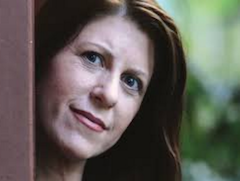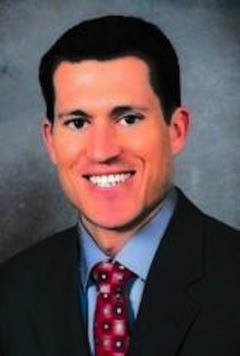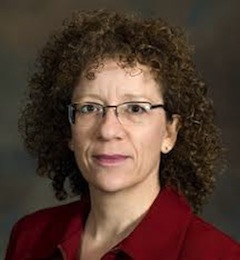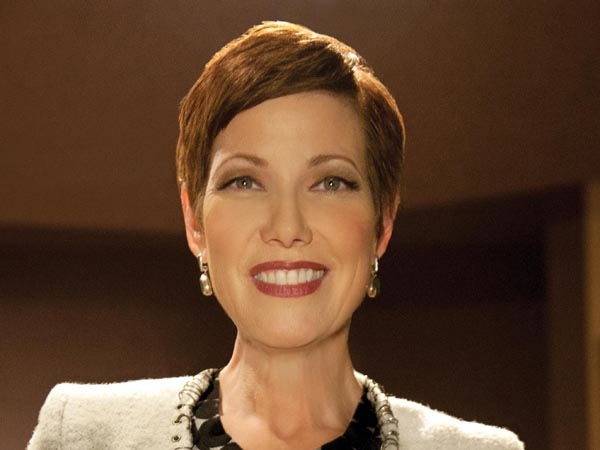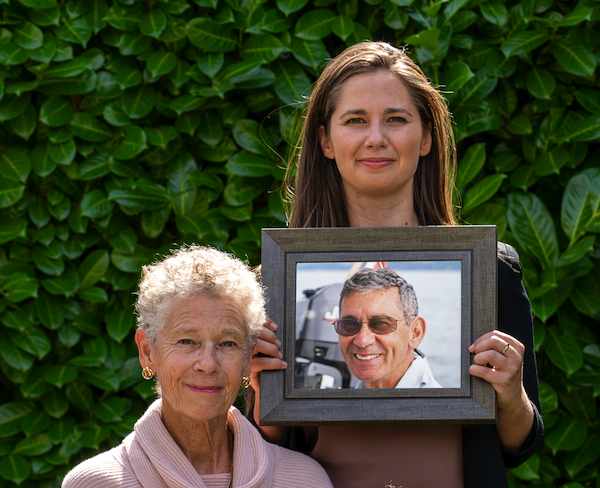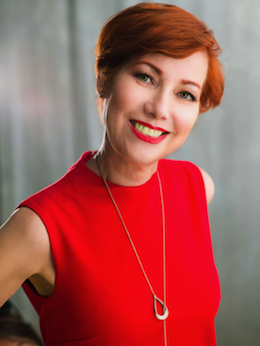Today’s ancestry services, like 23andMe, have made us more aware than ever of our genes and just how important they are, for both our own health and the health of our children. Celebrities like Angelina Jolie and Matthew Knowles (Beyoncé’s father) have highlighted the importance of two genes specifically – the BRCA genes – and their role in the development of hereditary breast and ovarian cancers. Even so, with the risk of carrying these genes in the general population only estimated between 1/400 and 1/1,000, for most of us, these genes seem like someone else’s problem. But, a few years ago, I learned that people of certain backgrounds, specifically those with Ashkenazi Jewish heritage, are actually at 10 times the risk of the general population (one in 40) for carrying these BRCA genes. I then learned that I was BRCA1 positive. I am an Ashkenazi Jewish woman.
In the 1970s, my paternal grandmother, then a young woman, was treated for breast cancer and made a full recovery. She passed away in 2014. When she died, I requested to be tested for BRCA through the B.C. Cancer Agency’s Hereditary Cancer Program. At the time, I was not prioritized for the test because no one in my immediate family had had a cancer that would directly link me to the gene. I was not seen at the time as being “high enough” risk.
But, in December 2017, I received a phone call that changed everything. It was from my older sister. She had recently volunteered to join something called the Screen Project study at Women’s College Hospital in Toronto, which included testing for the BRCA gene mutations. She had received her results and had tested positive for the BRCA1 gene mutation. I immediately registered for my own test. The test eventually came in the mail, I spit in the cup and sent it back. A month later, I received my own call from the study.
I was told that I was also positive for the BRCA1 gene mutation and that my chances of getting breast cancer and/or ovarian cancer were extremely high – about 70% lifetime risk. I was told that I would need to make some urgent decisions about having more children because regular screenings and preventable surgeries were now available to me. It was recommended that I take action immediately because of my age. The study connected me back to the B.C. Cancer Agency’s Hereditary Cancer Program, which would connect me with my medical care team.
The next year would prove to be a whirlwind for our family. Within a month, I was pregnant with my third child. I planned to have a surgery to remove my ovaries and fallopian tubes (a salpingo-oophorectomy) the following year. While all of this was taking place, my sister had gone for her first mammogram. It initially was clear, but more intensive screening (available in priority to BRCA carriers) revealed cancer. I then had to witness my beautiful older sister battle breast cancer and go through a full double mastectomy. She luckily made a full recovery. We then celebrated the end of her battle with the birth of my own child, followed soon after by my own salpingo-oophorectomy, the day before my sister’s reconstructive surgery.
As devastating as those phone calls were, one thing is clear to me – that my sister is now cancer-free and alive because she learned she was BRCA1 positive. I also know that my own BRCA status has afforded me the ability to make life decisions, have preventive surgeries and avoid cancer now and in the future. Although scary to consider, the knowledge of the BRCA1 gene in our family has been invaluable and saved lives.
I now volunteer for a committee in British Columbia called BRCAinBC, which is working to improve awareness of and access to testing for the BRCA genes in people of Ashkenazi Jewish heritage in the province. It is our message that all people with Jewish heritage should consider getting tested for BRCA genes, as new studies show that only half of all Ashkenazi Jewish carriers have the requisite history of cancer in the family that would indicate risk for carrying a BRCA gene.
We also let people know that the best time to get tested is when they are young and healthy – before cancer strikes! Testing for BRCA in your 20s and 30s provides people with many more options to prevent and manage their risk of cancer. Testing is quick, simple, easy and cheap (or free in many cases).
It is just as important for men to get tested as it is for women – BRCA genes are better known for their role in breast and ovarian cancers, but they also significantly increase the risk of many other cancers that affect men, including aggressive prostate cancers, pancreatic cancers and melanoma.
Learning your BRCA status can, of course, be overwhelming, but it also can provide you and your family with the tools to stop cancer before it starts. That’s what it did for me.
Tovah Carr is a member of the BRCAinBC committee in British Columbia. BRCAinBC is an initiative to increase awareness and understanding of genetic cancer risk in the Jewish community and provide support for those who want to get tested and for people found to carry the BRCA genes. For more information, visit brcainbc.ca. For more information on the Screen Project, go to thescreenproject.ca.

